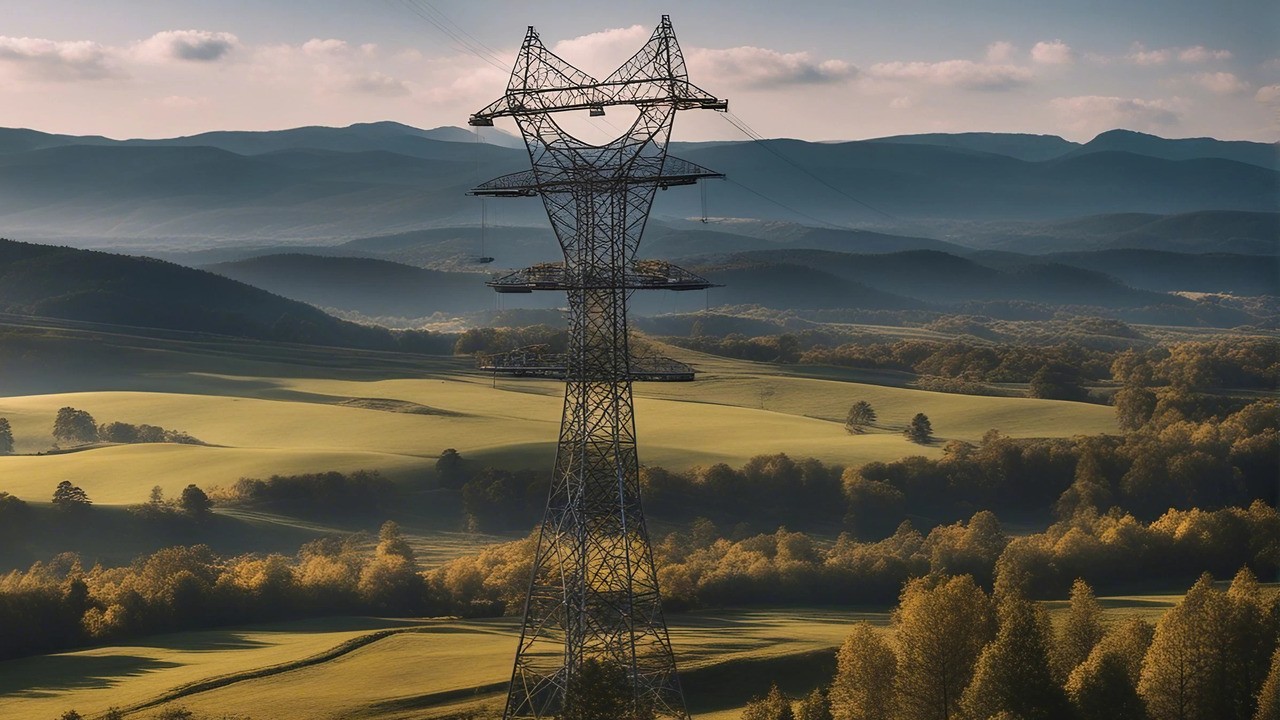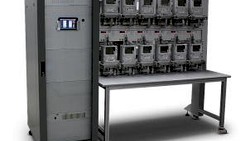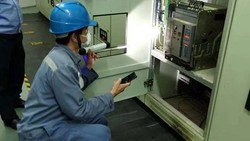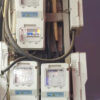The accurate measurement of energy consumption is crucial for both power generation companies and consumers. However, disputes often arise when it comes to determining the accuracy of transformer operated energy meters at critical points in the power supply chain. In this article, we explore the importance of on-site measurement of energy meters and the role it plays in resolving disputes and ensuring fair billing practices.
The Need for On-Site Measurement
At the points where power is transferred from the generation company to the transmission network and from the transmission network to the distribution network, accurate metering is vital. These meters not only determine the financial transactions between various stakeholders in the power supply chain but also play a crucial role for large consumers, such as factories, who may have their own meters for comparison. On-site measurement provides an objective and transparent method to validate the accuracy of these meters, ensuring fair and equitable billing for all parties involved.
Absolute Error Measurement
One approach to on-site measurement involves assessing the absolute error of energy meters. This method compares the energy consumption measured by the meter under test against a reference standard. By analysing the difference, any inaccuracies in the meter's measurement can be identified. Absolute error measurement provides a clear indication of the discrepancies, allowing for corrective actions to be taken.
Differential Measurement
Another technique used in on-site measurement is differential measurement. This method involves comparing the readings of two energy meters operating under the same conditions. A reference standard and two scanning heads are utilized to simultaneously measure the energy consumption of both meters. By comparing the results, any disparities between the two meters can be identified, highlighting potential issues with accuracy. This method eliminates an eventual reference standard error, providing a more reliable assessment of meter accuracy.
Resolving Disputes and Ensuring Fair Billing
On-site measurement plays a crucial role in resolving disputes between power generation, transmission and distribution companies. When discrepancies arise, on-site measurements provide objective evidence to support or refute claims of inaccurate meter readings. This transparency helps foster trust and ensures fair billing practices, benefiting all parties involved.

Enhancing Metering Accuracy and Reliability
On-site measurement not only resolves disputes but also contributes to enhancing the overall accuracy and reliability of energy meters. Regular on-site measurements help identify any drift or degradation in meter performance, allowing for timely maintenance or replacement. This proactive approach ensures that energy meters consistently provide accurate readings, reducing the risk of financial discrepancies.
Importance of Standardization and Calibration
Standardization plays a vital role in on-site measurement, ensuring consistency and comparability across different metering systems. Adhering to internationally recognized standards and guidelines helps establish a common framework for accurate metering and reliable measurements. Compliance with these standards reinforces the integrity of the measurement process and builds trust within the industry.
Advancements in On-Site Measurement Technology
Technological advancements have significantly improved the efficiency and accuracy of on-site measurement techniques. Automated scanning systems, precise reference standards, and advanced data analysis tools enable faster and more reliable measurements. These advancements not only streamline the on-site measurement process but also enhance the overall accuracy and reliability of energy meters.
Takeaway
On-site measurement of energy meters is crucial for accurate billing and dispute resolution. Techniques such as absolute error measurement and differential measurement provide objective and transparent methods to assess CT/PT meter accuracy, promoting fair billing practices and fostering trust within the energy industry. If you have any inquiries or need further information about on-site measurement of energy meters, please do not hesitate to reach out to us. We are here to assist you and also welcome your valuable thoughts and comments.
Editor's note: This article was originally published in October 2023 and has been updated for comprehensiveness.





All comments are moderated before being published. Inappropriate or off-topic comments may not be approved.